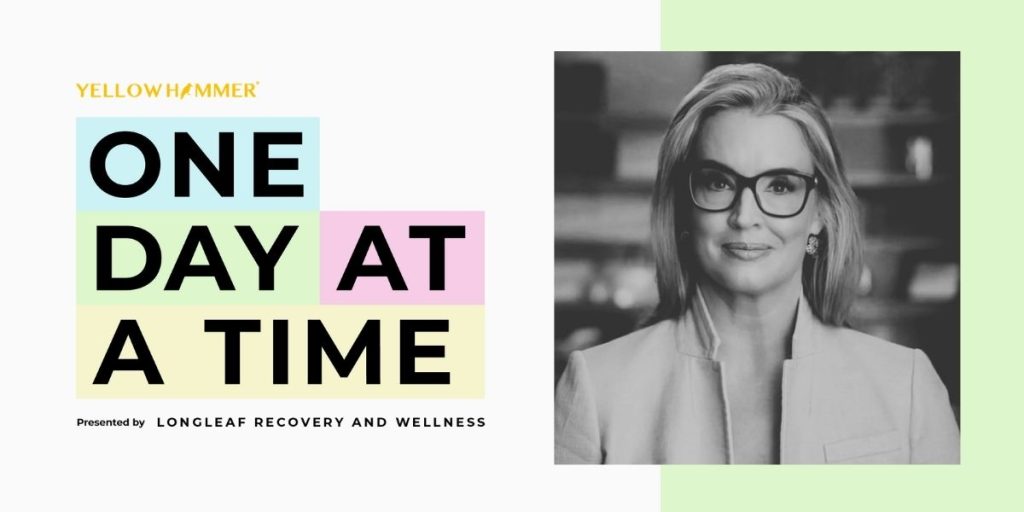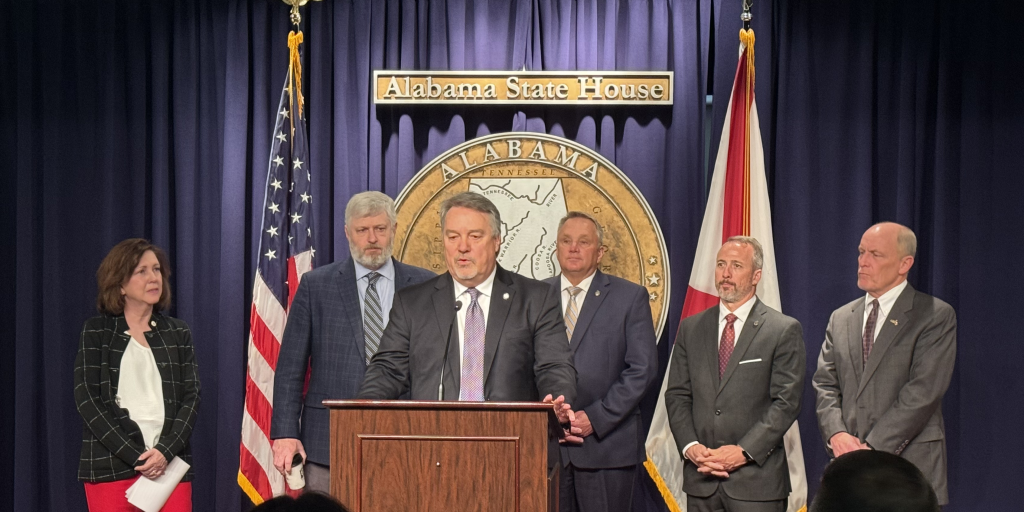Mental health historically has been an issue not discussed widely in public. But the pandemic has highlighted the need to bring it to the forefront.
Statistics show more people have become comfortable seeking assistance with managing their fears, isolation and anxiety surrounding the pandemic, as well as financial uncertainty and overall mental and emotional wellness.
Tandrea Elmore, a licensed professional counselor, said it’s essential to seek help when needed or just for maintenance, as one would for their physical health. May is Mental Health Awareness Month.
“People have been reluctant to seek help in fear of what others may say or think,” Elmore said. “The COVID-19 pandemic has impacted those viewed as ‘strong.’ It has to be normalized that not being OK is OK. Some think that asking for help is a sign of weakness, but it is the exact opposite. It takes a more courageous person to recognize the need for assistance and take steps to get that assistance.”
Elmore, owner and therapist at New Vision Counseling Center in Montgomery, works with youths and adults.
Over the course of the pandemic, students and parents were forced into what has been a challenging time academically. The effects will be long-lasting, but educators are hopeful, with academic interventions and programs, that the learning loss will be minimal.
Student learning has been different. Students, teachers, parents and their technology skills have been tested during the pandemic. Students could not receive the face-to-face learning to which they were accustomed. Virtual learning was new for a lot of students, teachers and parents. Students have not had the opportunity to socialize with their friends at school.
These contributed to anxiety and posed a challenge for many students.
“Children had to be away from their friends and what was normal to them,” Elmore said. “Parents overnight became teachers.”
According to the National Alliance on Mental Illness (NAMI), mental illness affects millions of people each year. The organization’s statistics show that one in 20 adults and one in six children have experienced serious mental illness. Suicide is the second leading cause of death among people ages 10 to 34. Living through the COVID-19 pandemic has significantly increased those numbers as more people have been affected by anxiety, depression and increased substance use.
“Stress can play a huge part in one’s mental health,” Elmore said. She suggests developing coping strategies for times of stress or anxiety. “Listening to your favorite music; reading a good book; watching a favorite movie or television show; staying physically active by exercising; deep breathing exercises; aromatherapy by using a diffuser or calming candles, lavender or eucalyptus; or getting a massage. These things coupled with speaking with a licensed counselor are vital to self-care.”
For more information regarding Mental Health Awareness Month, please visit the NAMI at www.nami.org. If you or someone you know are experiencing suicidal thoughts, dial 911, visit your local hospital, or contact the National Suicide Prevention Lifeline at (800) 273-8255.
(Courtesy of Alabama NewsCenter)













